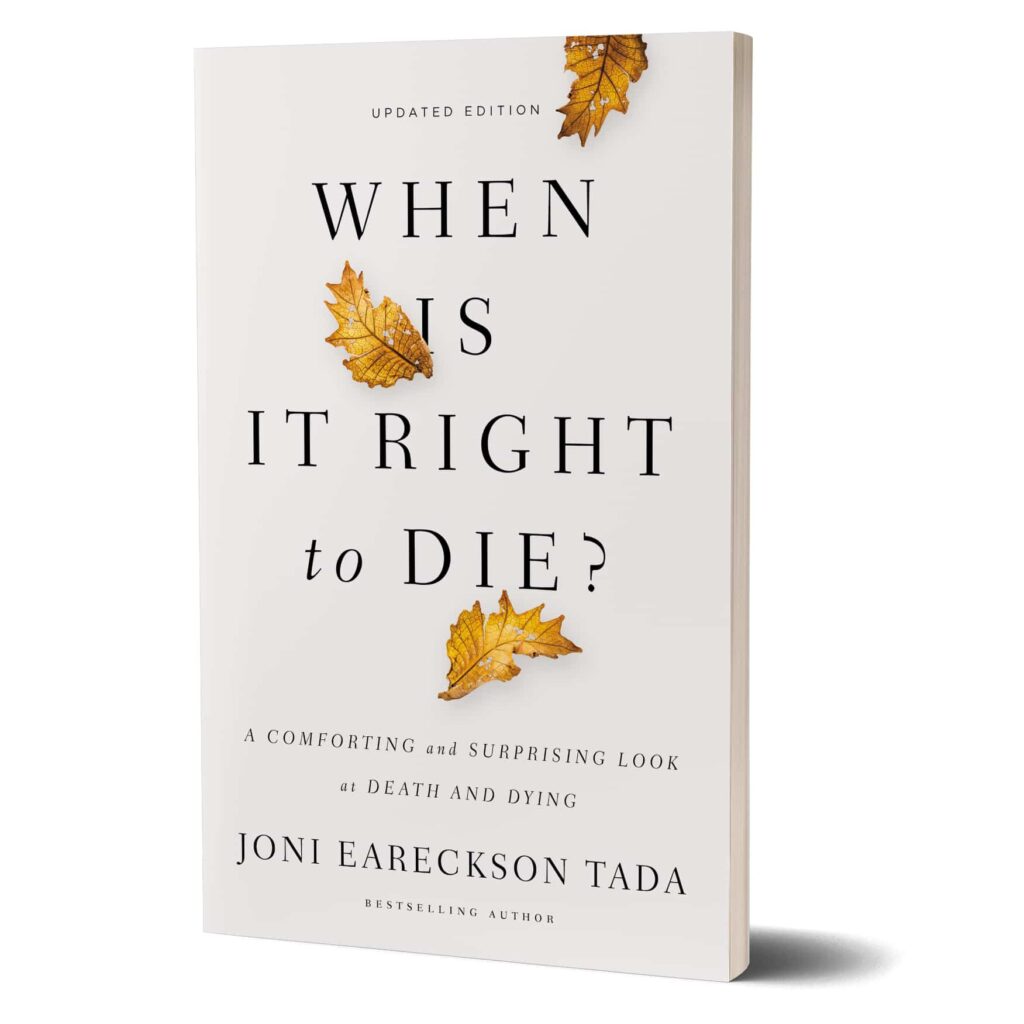Vincent Lambert and Euthanasia

This past weekend, I was disheartened to read that Vincent Lambert, a brain-injured Frenchman, was euthanized because of his disability. What was especially disheartening is that judicial experts in France acknowledged that Vincent’s medical care was not deemed futile. Rather, his very life was deemed futile!
Vincent died because his quality of life was considered poor by others. As a result of a court ruling a month ago, doctors had stopped artificially feeding and hydrating Mr. Lambert; he passed away on July 11. His plight reminds me so much of Terri Schiavo’s story – like Vincent’s story, Terri’s spouse and parents were at odds as it concerned sustaining her life as a brain-injured woman; the courts decided in her husband’s favor and she, too, was starved of food and water. Sadly, Terri passed away in 2005, and her only crime was the she had a significant disability.
Since 2005, courts in the US and abroad have rendered similar decisions based on a person with a disability’s “quality of life,” rather than their inherent right to life irrespective of limitations. The “quality of life” perspective is based on subjective and emotional criteria, including a fear of disability and suffering, as well as cost and convenience. On the other hand, the objective Biblical view holds that human life is God-given and should not be destroyed. Life is the fundamental and irreplaceable condition of the human experience and should be safe-guarded at all costs.
Thomas Jefferson said it well when he wrote, “The first duty of government is the protection of life, not it’s destruction.”
Today, people believe one is better off dead than to have a disability. Vincent Lambert was never terminally ill or brain-dead or in a coma. He merely had a significant disability. And when a person has a profound disability, the question should not be “if they are going to get better” in the future. For millions of Americans, disability is a fact of life. And the quality of one’s life should never be a criteria to put them to death.
–Joni Eareckson Tada


When is it Right to Die?
Whether you have a dying family member or struggle with a chronic condition, this revised edition of When Is It Right to Die? provides the encouragement you need to make the difficult decisions with the hope of a caring God.





